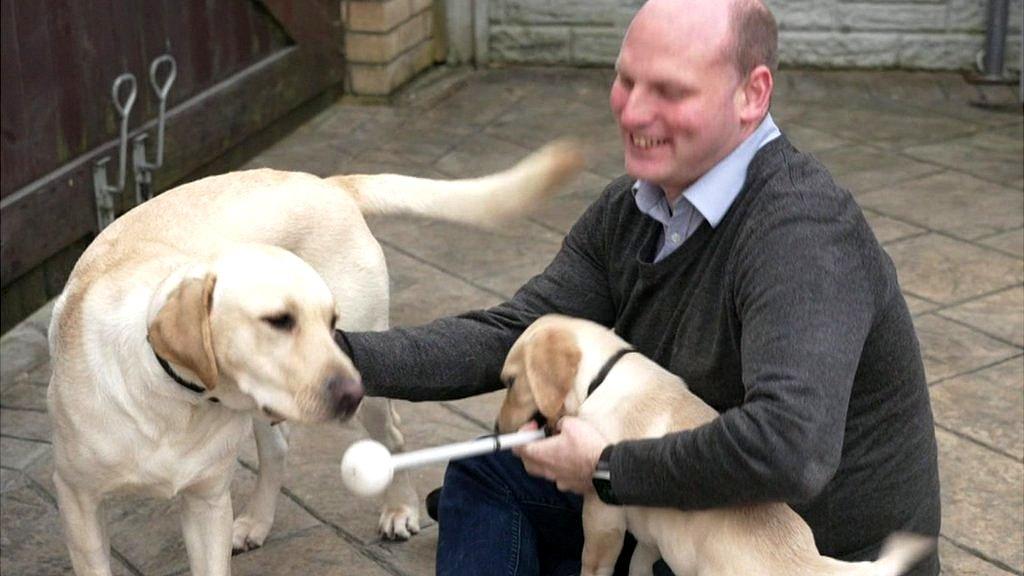Guide dog fosterers call for more volunteers
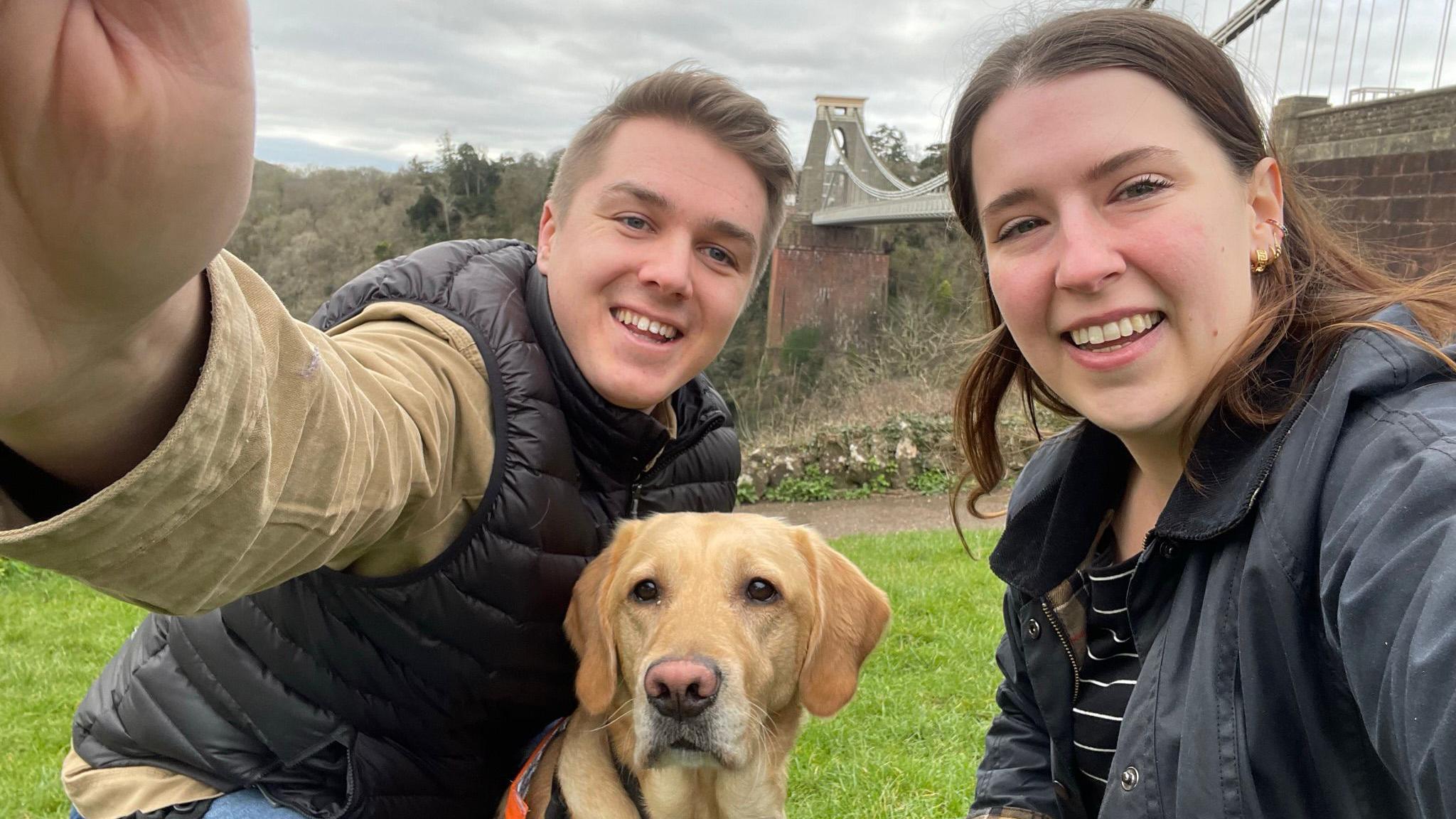
Adam Drysdale and Elle Manners have been fostering guide dogs since 2021
- Published
A couple who foster trainee guide dogs are calling on more people to get involved.
Adam Drysdale, 31, and Elle Manners, 30, from Whitchurch in Bristol, have been helping get dogs ready for people with sight loss since 2021.
The pair do the voluntary work alongside their full-time jobs, looking after the dogs outside of their work hours at the Guide Dogs training centre.
"We couldn't say no to the opportunity," said Ms Manners.
It was Mr Drysale's idea to get involved with the scheme as he grew up surrounded by guide dogs that helped his dad, who is registered blind.
Ms Manners said: "It was something we'd heard of, but it sounded a little bit too good to be true."
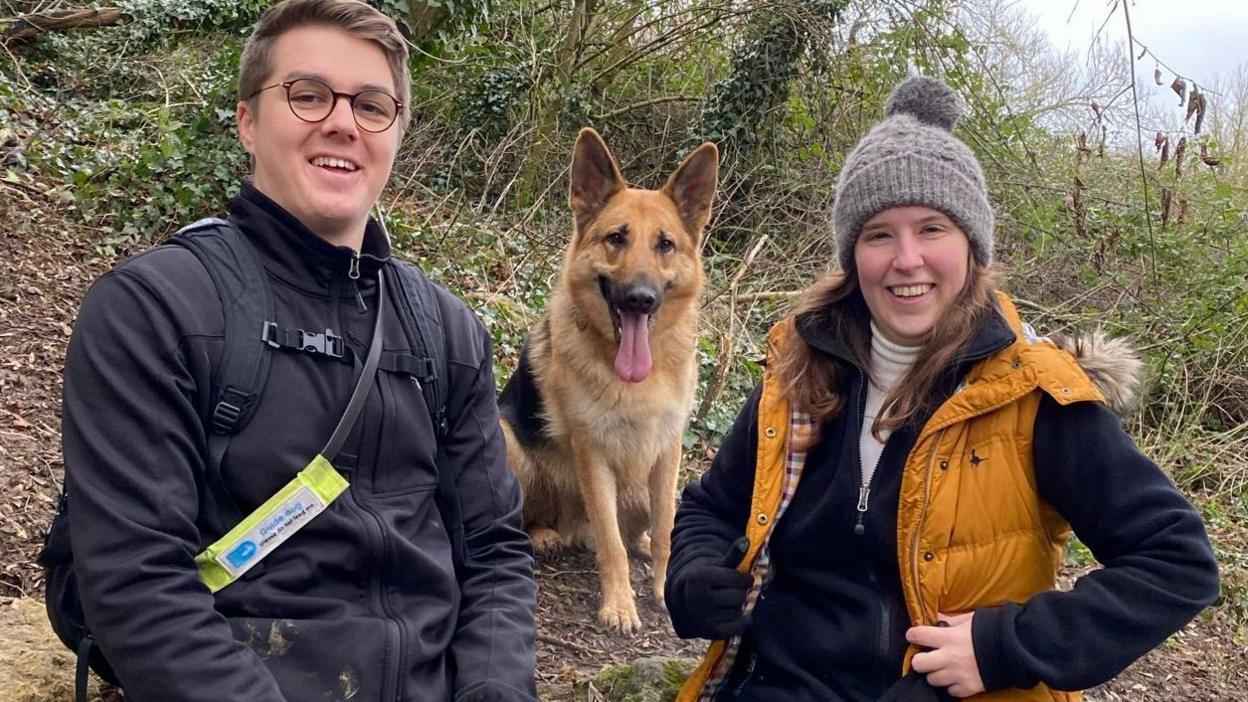
The couple volunteered to foster the dogs alongside their full-time jobs
Volunteers can choose to raise puppies, or can foster dogs already at the training centres.
Fostering involved taking the dogs to the training centre at 09:00 BST for an eight-hour training day.
When the training is done, it is the fosterer's job to care for, play and walk the dogs.
Guide Dogs covers all the dog's expenses, including training, food and vets costs, and offer advice and guidance along the way.
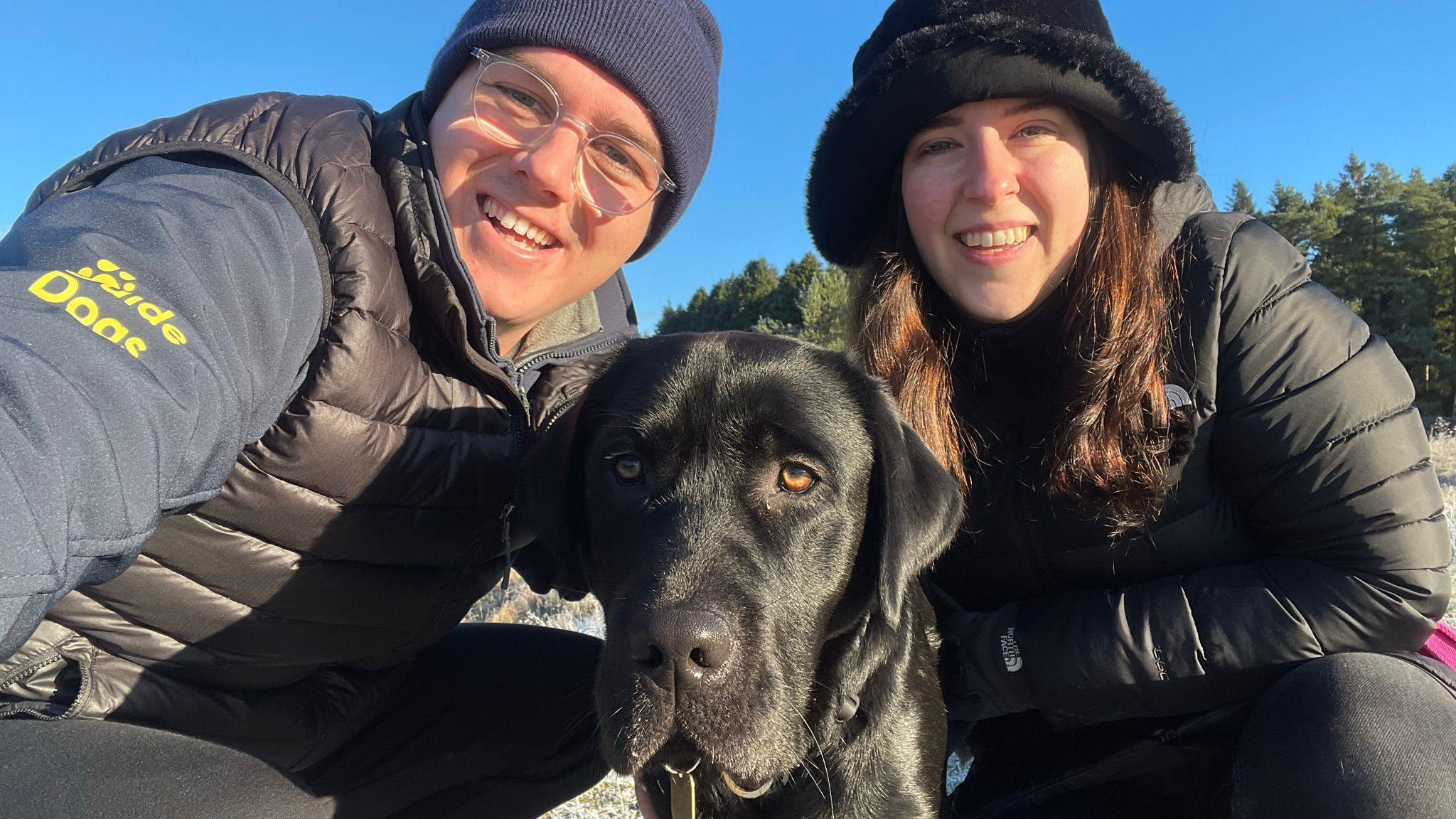
"Giving up the dog is hard, but they're serving a purpose," said Elle
The time volunteers get to keep the dog varies, depending on how quickly they advance to the next stage of their careers.
There are about 200 people across the South West and Wales who are currently waiting for a guide dog.
A spokesperson from Guide Dogs said: “Our fosterers and puppy raisers play a vital role in raising the next generation of guide dogs and it’s only with their support we’re able to train more life-changing dogs.
“Puppy raisers get to discover first-hand the huge difference a guide dog makes to someone with sight loss, helping them live with the independence and freedom that would be all the more challenging without a dog."
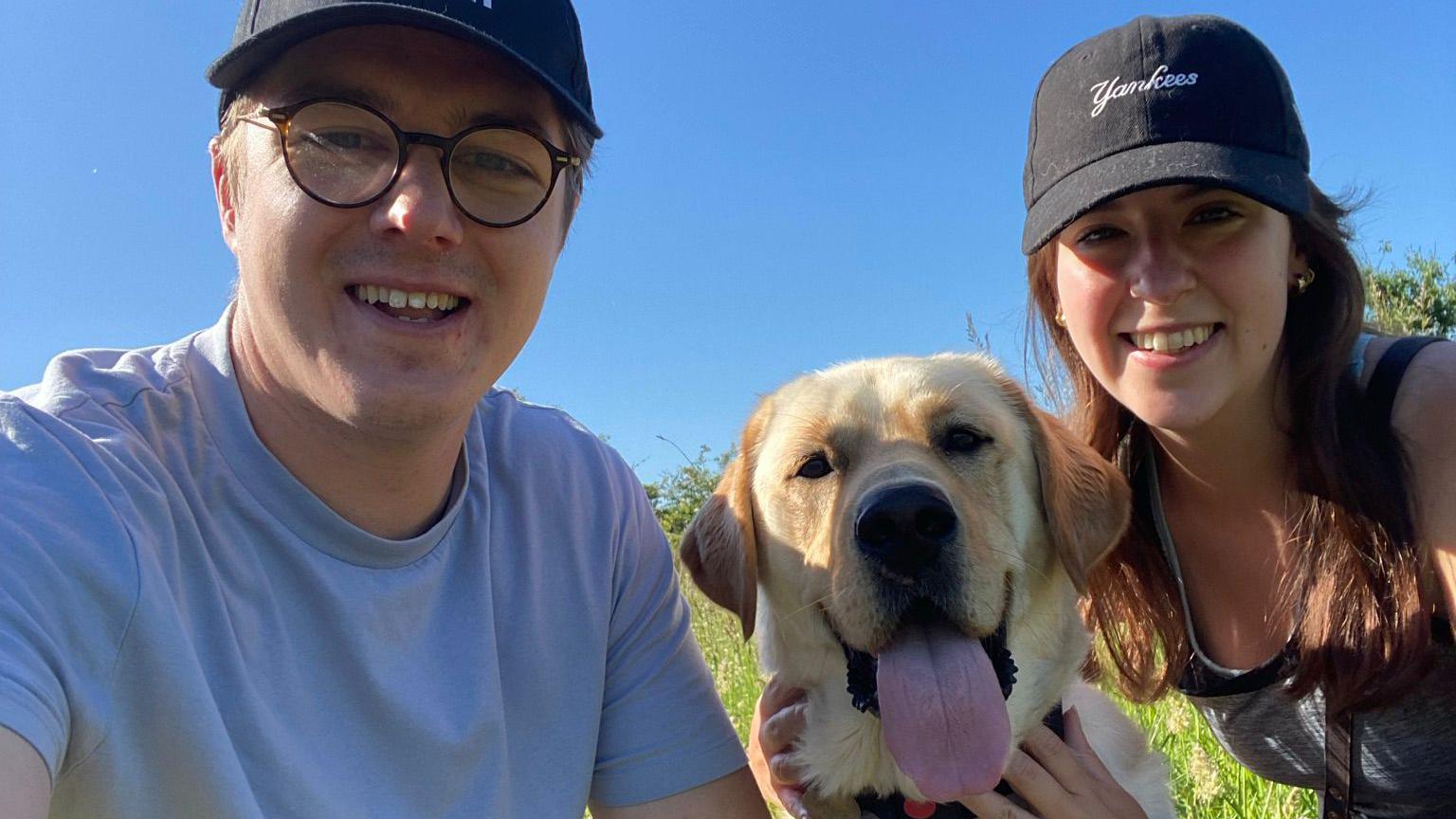
The couple have fostered many dogs over the years
They added that the role is a "big commitment, but a wonderful opportunity".
The ideal candidates, the couple said, is someone who spends most of their time at home where they are able to give the dog "lots of attention" and take them to different public environments.
Ms Manners said: "Giving up the dog [when the training is finished] is hard, but they’re serving a purpose.
"It’s kind of bittersweet because you know that they’re going on to do amazing things."
Follow BBC Bristol on Facebook, external, X, external and Instagram, external. Send your story ideas to us on email or via WhatsApp on 0800 313 4630.
Related topics
- Published7 July 2024
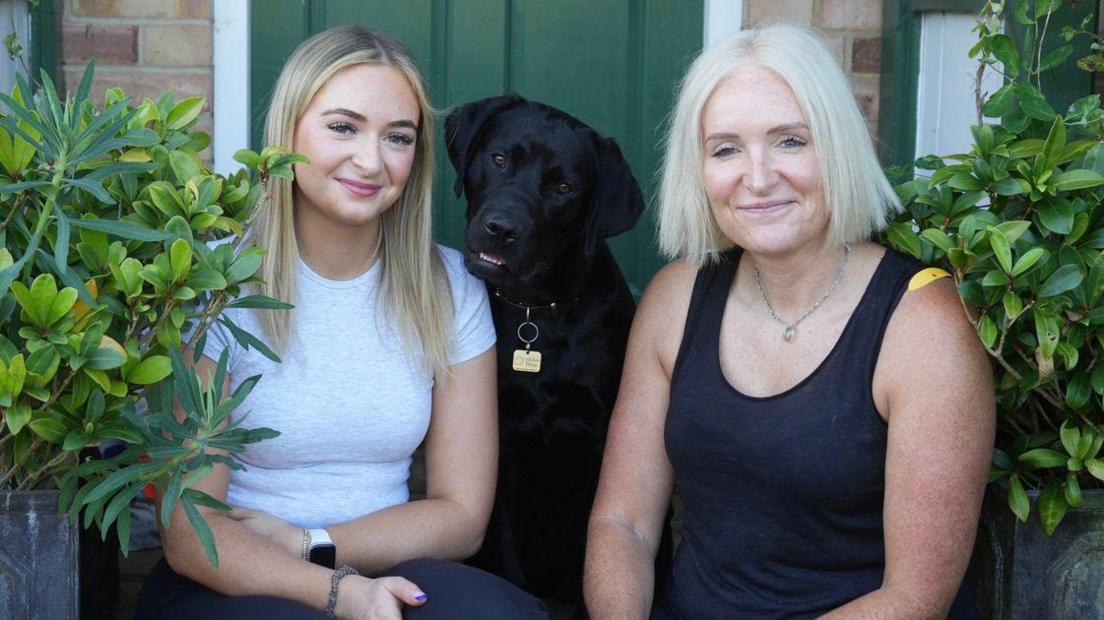
- Published7 June 2024
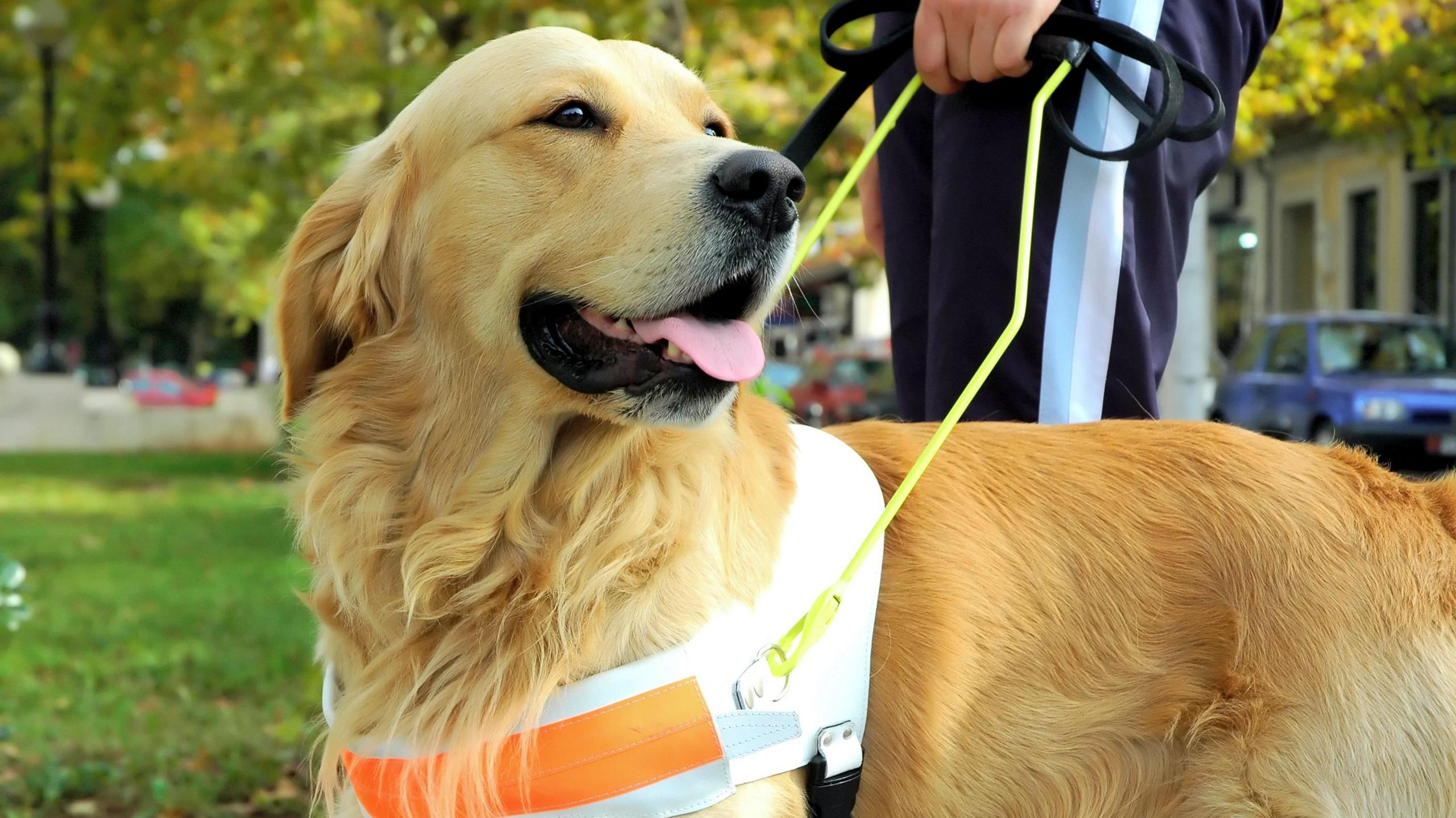
- Published10 April 2024
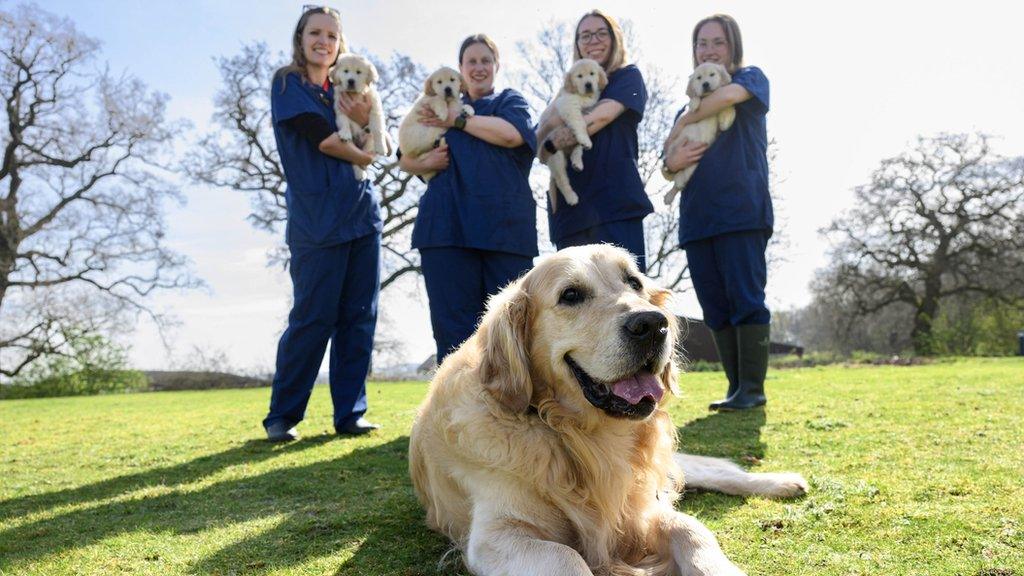
- Published1 March 2023
